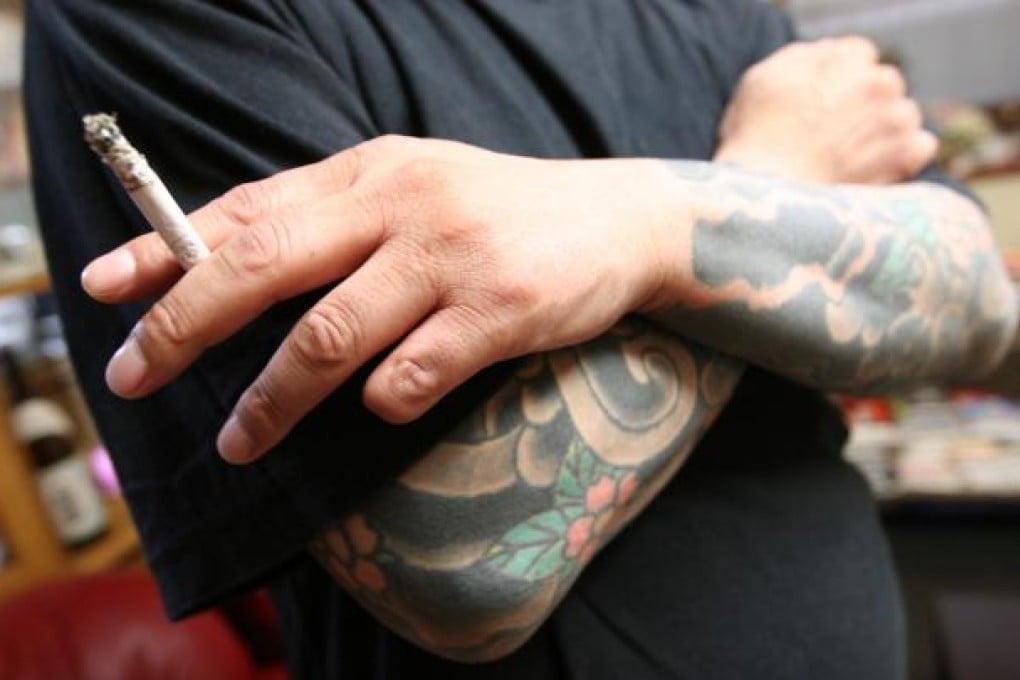Tough laws force Japan's yakuza to change their ways
Faced with crackdown on protection money rackets, notorious gangster groups are being forced to diversify, operate overseas – or go straight

It's tough being a hood in Japan these days as laws that went into effect in late 2011 begin to bite gangsters hard.
The legislation is having such a serious impact on traditional sources of income for Japan's notorious yakuza groups that they are increasingly having to look beyond their domestic comfort zone for new business opportunities, while at least one group is so upset at its new designation as "dangerous" that it is suing.
On January 19, the Kudo-kai underworld group filed legal cases against the governments of Fukuoka and Yamaguchi prefectures, in southern Japan, to have the description removed.
The local governments introduced the description under the updated Anti-Organised Crime Law, which is designed to make it harder for gangs to continue one of their most lucrative scams: protection money. But the gangsters are not taking the challenge to their business lying down.
In an interview with the , a lawyer for the Kudo-kai claimed: "Since the measure considerably restricts the group's activities in terms of freedom of expression and association, it is in violation of the constitution."
Other groups, however, appear resigned to the fact that the days of little in the way of legal challenges to their business empires are over.
"They are being forced to look overseas by the terms of the new law, which has made it illegal for anyone to pay protection money to an underworld group," Jake Adelstein, author of and an expert on underworld groups, told the .
